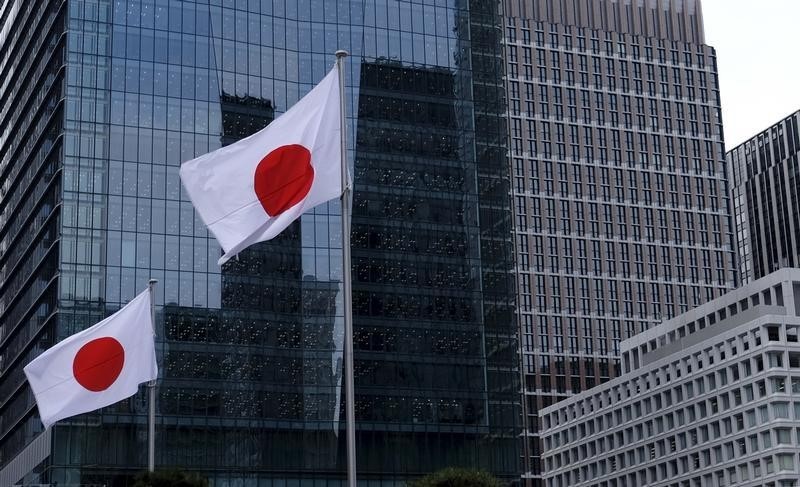By Ambar Warrick
Investing.com-- Japan’s economy grew more than initially estimated in the second quarter, government data showed on Thursday, as increased capital expenditure by businesses helped offset the lingering effects of the COVID-19 pandemic and a depreciating yen.
The Japanese economy now expanded by 0.9% in the April-June period when compared to the prior quarter, more than a preliminary reading of 0.5%. On an annualized basis, the economy grew 3.5%, up from an initial reading of 2.2%, and well above the previous quarter’s reading of 0.1%.
The data shows that the world’s third-largest economy is now comfortably at pre-COVID levels, helped by steady consumer and business spending. A reading last week showed that capital expenditure by Japanese companies surged 4.6% in the second quarter, as more companies bet on improving growth in the wake of easing COVID-19 curbs.
But this trend may be reversed in the coming months, putting Japanese economic growth at stake after a fresh COVID outbreak in July saw the reintroduction of curbs.
The Japanese economy is also under extreme pressure from surging inflation and rising commodity prices, both of which have battered the yen. Relative strength in the U.S. dollar saw the Japanese currency slump to a 24-year low of 144 to the dollar this week.
Rising fuel and food costs saw Japanese inflation hit a more-than-seven-year high in July.
The Bank of Japan is so far reluctant to hike interest rates, making it an outlier among its major global peers. This has also weighed on the yen and pressured the Japanese economy.
Recent data also showed that Japanese household spending grew at a slower-than-expected pace in the prior month, indicating that a weakening yen and rising inflation could be weighing on consumers, one of the main drivers of Japan's economy.
The Japanese government recently expressed concerns over the drastic drop in the yen this year. But it has so far not outlined any details on how it plans to intervene in currency markets.
